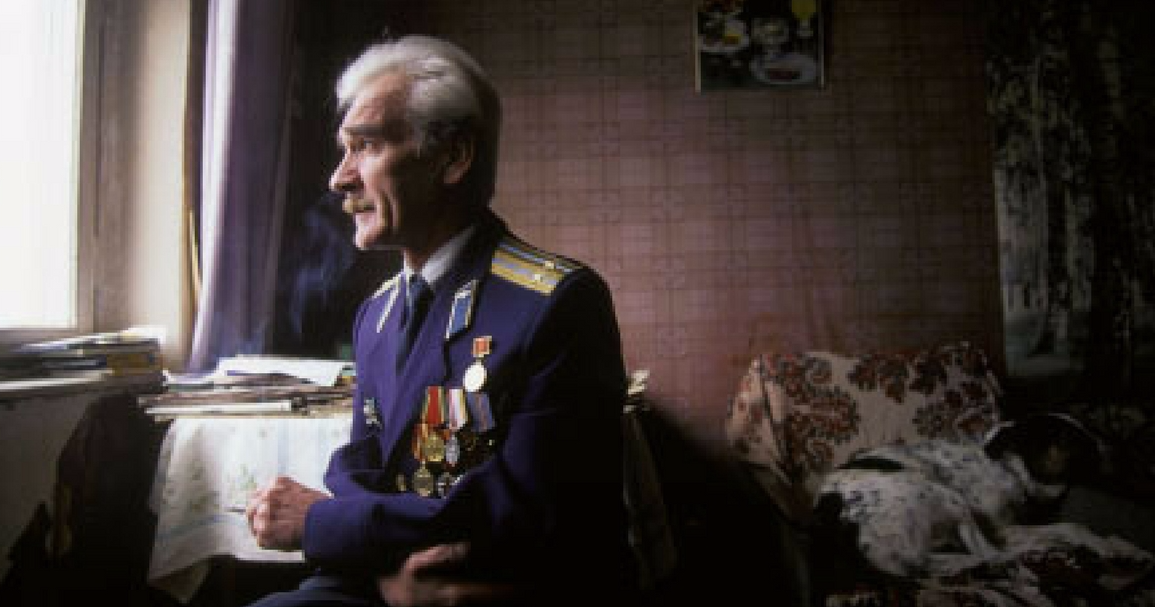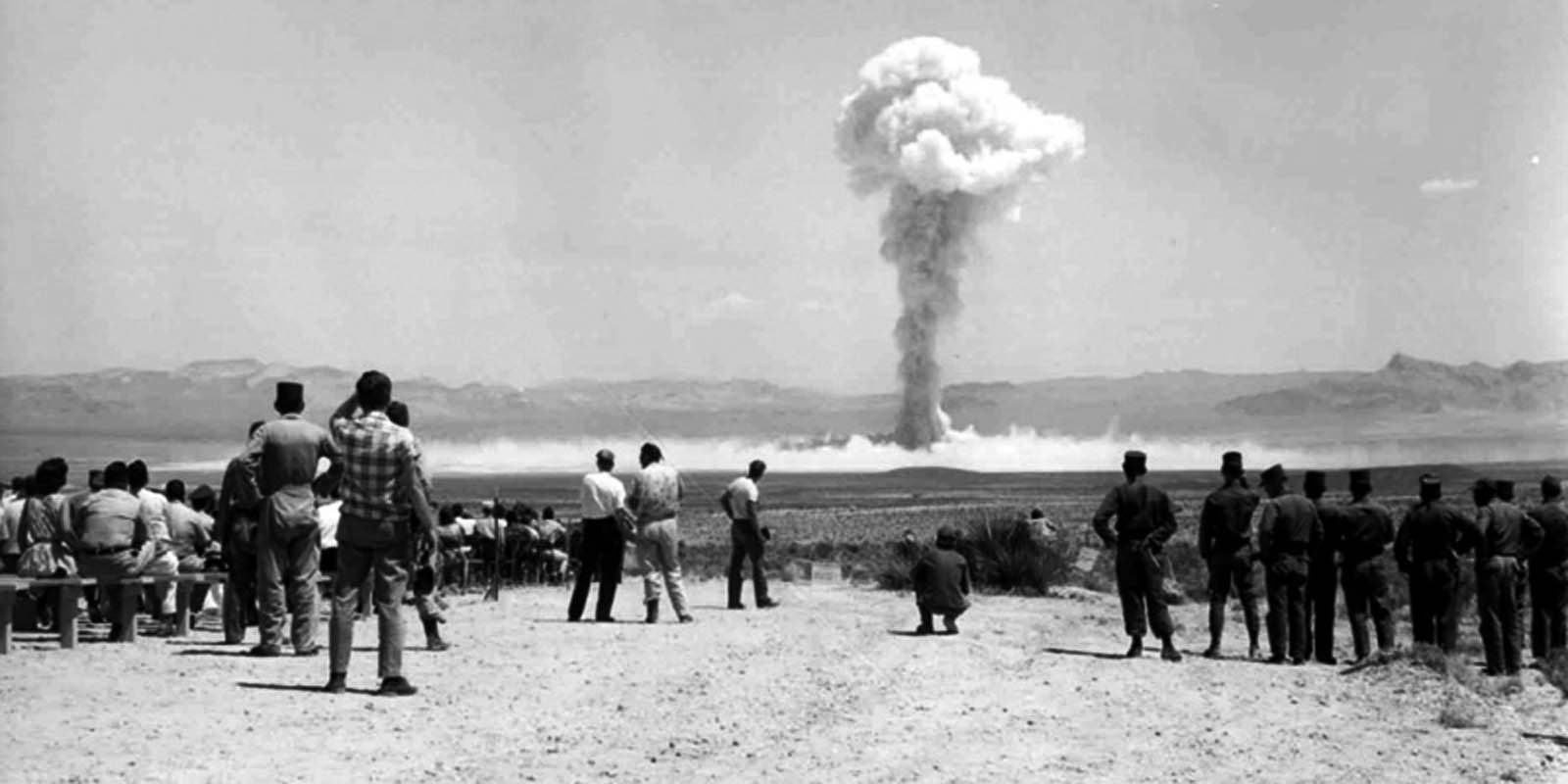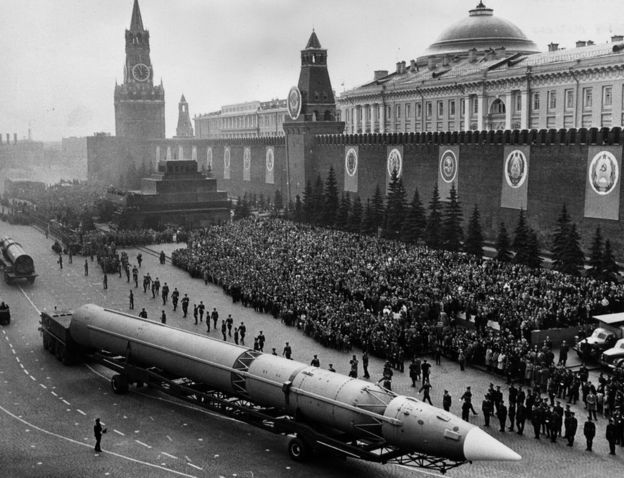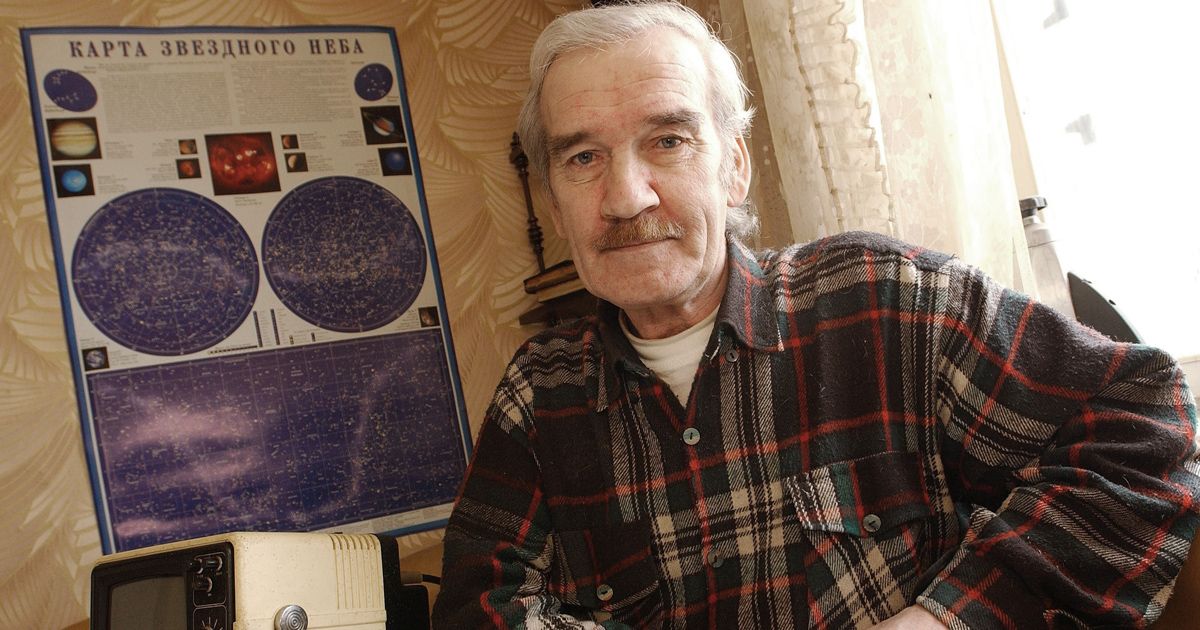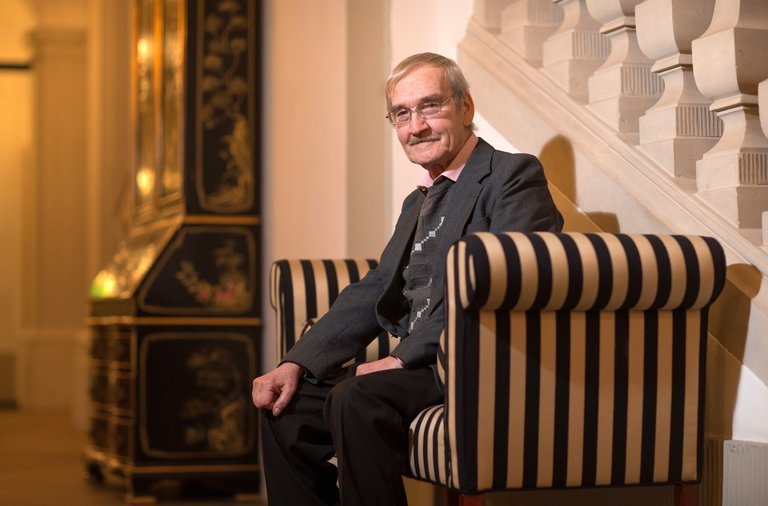One man's quick thinking and cool head saved the world from nuclear war, and many people may not have known who he was.
Stanislav Petrov was on duty in a secret command center outside Moscow in September 26, 1983 when a radar screen showed that five missiles had been launched by the US towards the Soviet Union.
This was during the height of the Cold War, just three weeks after the Soviet army had shot down a Korean passenger plane, killing all 269 people on board.
President Ronald Reagan had recently called the Soviet Union, an "evil empire" and had convinced Americans that they were plotting a surprise nuclear attack.
Protocol stated that they were to order a retaliatory strike, but the then 44-year-old lieutenant had a gut instinct to ignore protocol this time, because he believed it was a false alarm.
"The siren howled, but I just sat there for a few seconds, staring at the big, back-lit, red screen with the word "˜launch' on it," he told the BBC's Russian Service in 2013. "All I had to do was to reach for the phone; to raise the direct line to our top commanders."
Instead of calling for a retaliating strike, which would start a third world war, he opted to follow his gut and and called in a malfunction in the early warning system. He later admits, that at the time, he wasn't sure if it was the right call or not.
"I had all the data [to suggest there was an ongoing missile attack]. If I had sent my report up the chain of command, nobody would have said a word against it," he said.
There were no rules about how long they were allowed to think before they launched their strike, according to Petrov. With 120 of his comrades around him waiting for a decision, the air was heavy with anticipation.
"I could see that everyone was looking at me. Some have turned their heads. Some are on their feet. I can see surprise and a feeling close to panic.
For a few seconds he didn't know what to do.
"All I had to do was to reach for the phone; to raise the direct line to our top commanders - but I couldn't move. I felt like I was sitting on a hot frying pan."
If he had been wrong, the first nuclear blasts would have been felt minutes later.
"I knew perfectly well that nobody would be able to correct my mistake if I had made one," he said in an interview.
Luckily for him, his gut was right.
"Twenty-three minutes later I realized that nothing had happened. If there had been a real strike, then I would already know about it. It was such a relief," he said.
What lead him to believe that this was a false alarm was that there were only five missiles fired.
"When people start a war they don't do it with only five missiles. you can do little damage with just five missiles," he said.
It was a stroke of luck that Petrov was at the controls that night. He happened to be standing in for a colleague who needed time off, which could have drastically changed the outcome.
"He was just a military guy. He was ill or something. The guys in the army that just have guns in their hands don't think. They accept orders. My weapon was my brain and that's the big difference," he said.
It later became clear that the false alarm was a result of a satellite mistaking the reflection from the sun's rays off the tops of the clouds for an actual missile launch.

For ten years, he told no one about what happened, not even his wife.
Petrov was honored by the Soviet authorities for his role in preventing the world from thermonuclear conflict, however he was reprimanded by his authorities for failing to properly describe the incident in the logbook that night.
The story of how close the world came to nuclear war, and the one man that stood in its way did not become public knowledge until 1998 when Gen Yury Votintsev, the retired commander of the Soviet missile defense, published his memoirs recounting the events of that night.
After the story was widely known across the world, Petrov was honored by the Association of World Citizens at the UN headquaters in 2006 as "the man who averted nuclear war." In 2013, he was also awarded the Dresden peace prize.
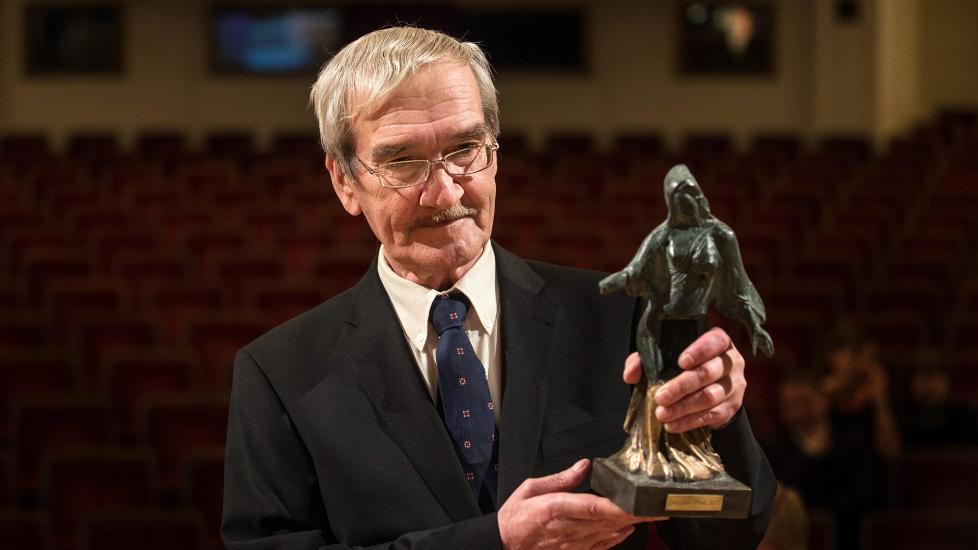
In 2013, a documentary named "The Man Who Saved The World" was released on the subject of his decision-making decades earlier.
The man who saved the world from nuclear war, joined the Air Defense Force and quickly rose through the ranks until he was assigned to the early-warning system at its inception in the early 1970s. At the time, it was estimated that it would only take 25 minutes between launch and detonation of missiles.
Petrov, who retired with the rank of lieutenant colonel, passed away on May, in a suburb of Moscow, but his death had only recently been made public. German film-maker Karl Schumacher, who was responsible for bringing Petrov's story to the world, had called to wish him a happy birthday, only to be told by his son Dmitry Petrov that he had passed away. He also left behind a daughter.
Source: The Guardian / BBC / Mirror / NY Times
